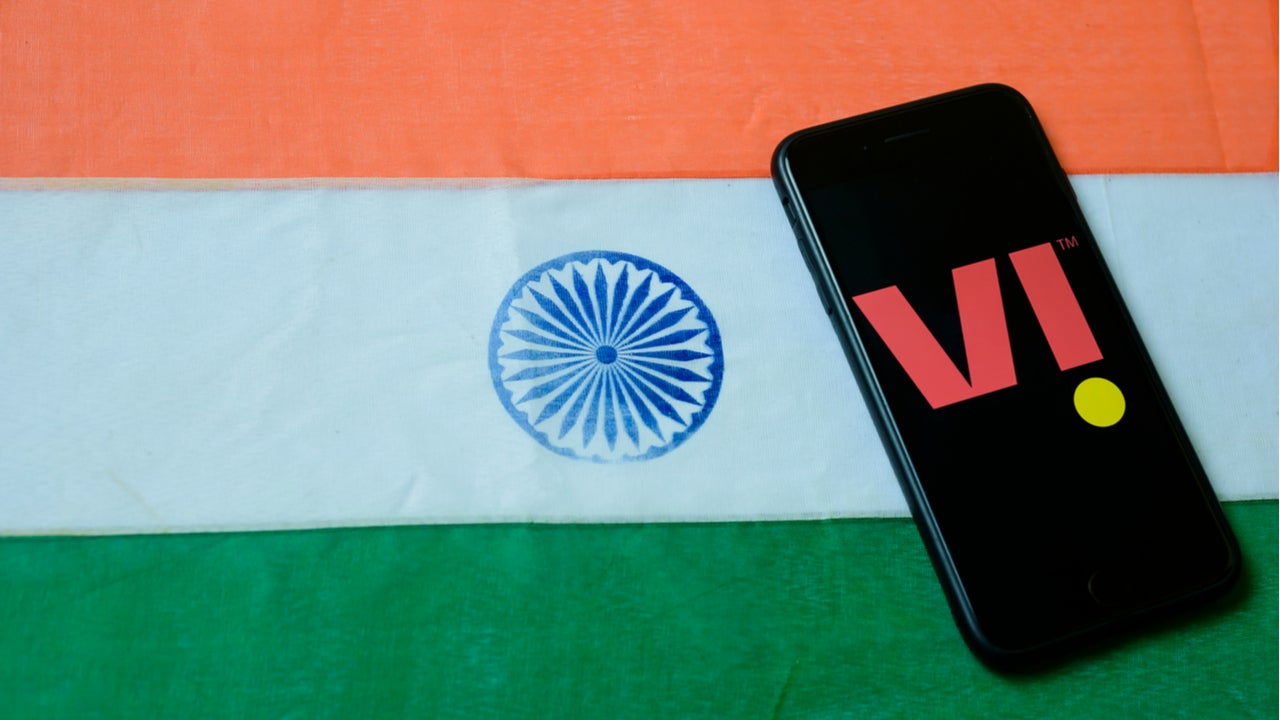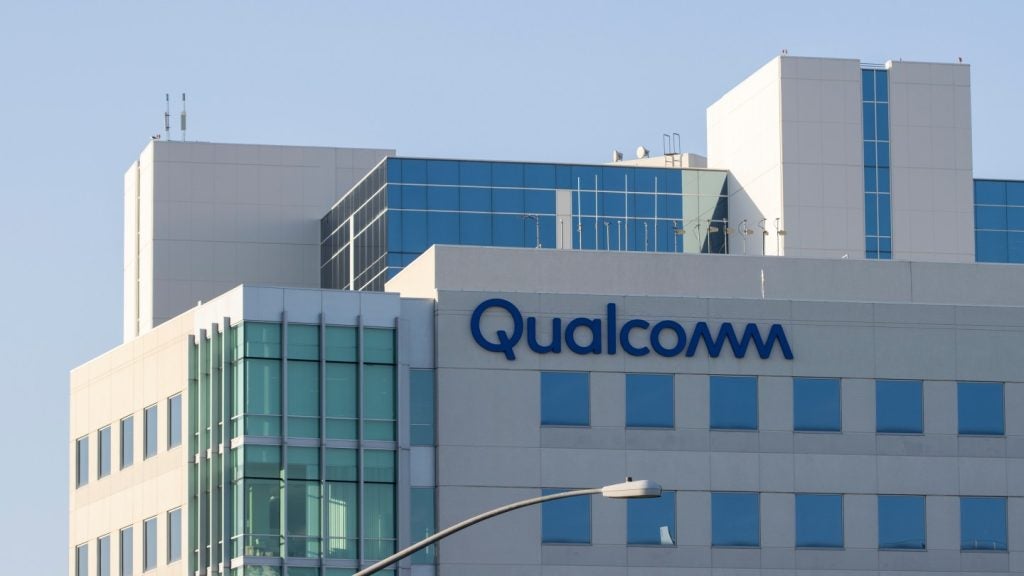The Indian government has approved a four-year moratorium on telcos’ adjusted gross revenue (AGR) dues; Vodafone-Idea is the biggest beneficiary of this decision. The relief will help Vodafone-Idea stay afloat, while its rivals like Bharti Airtel and Reliance Jio will use the opportunity to strengthen their positions.
Last year the Indian supreme court made it mandatory for telecom providers to pay their pending dues to the government. According to the Department of Telecommunications, license fees of INR920bn ($12.5bn) and usage fees of INR410bn ($5.6bn) were due from these three service providers. Telecom firms had already paid 10% of their pending dues by March 31, 2021, and the remaining amount was to be paid over 10 years, with the first installment due by March 2022.
Vodafone-Idea lags Bharti Airtel and Reliance Jio with a 23% share of the country’s mobile subscriptions in 2020, according to GlobalData forecasts. It has lost more than a third of its 387 million subscribers in the last three years.
Of all India’s telecom firms, Vodafone-Idea is facing the most significant challenges. It needs to clear INR500bn ($6.8bn) in statutory dues to the government. The company is in crisis and fighting for survival due to a lack of funds, as they are struggling to generate enough cash from the business.
Benefits to Vodafone-Idea
The four-year moratorium on dues means about three years of extra time post-5G launch, expected in 2022. It should give Vodafone-Idea sufficient time to restructure, transform, and overcome its current business challenges. At the same time, Bharti Airtel and Reliance Jio will improve their potential cash flow to participate in the 5G airwave sale.
100% foreign direct investment (FDI) through the automatic route, which was earlier limited to 49%, means foreign companies don’t need government approval to invest. The FDI change will generate large-scale investments into the sector, including for 5G technology deployment. Vodafone-Idea should attempt to derive maximum benefit from this potential investment, stabilizing its position as the third-largest telecom provider in the country.
The government has now redefined AGR to exclude non-telecom revenues of telecom companies. Lower AGR means lower related charges. This move will help improve the overall financial health of the debt-ridden telecom sector and will be especially helpful to Vodafone-Idea, which will gain maximum relief on its debt.
The newly-approved structural and procedural changes would keep Vodafone-Idea going, stabilizing its business with improved cash flow. But it won’t be enough for them to survive in the market. The company could opt for an equity conversion for interest payout during the moratorium period.
The cash saved due to the moratorium should be invested in network expansion and participation in 5G auctions instead of repaying debt. It can also partner with financially solid private equity firms to seek aggressive investments towards technological upgrades. Vodafone-Idea will need to provide good 4G and 5G services in the coming years to retain existing customers and attract new ones.








